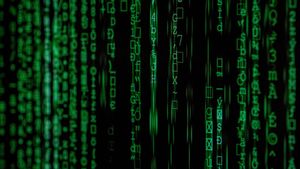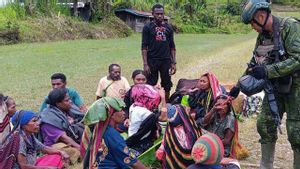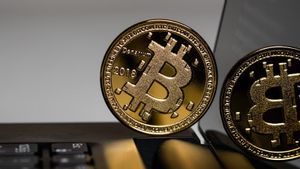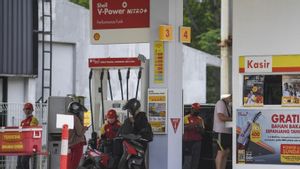JAKARTA - Kaspersky has reported cybercrime activities on the Darknet market in several regions. According to Kaspersky's Digital Footprint Intelligence (DFI) report, database leaks in Asia Pacific account for 95% of the total number of ads.
The Singapore and Australia data leak markets are by far the largest when looking at GDP-weighted orders (gross domestic product).
“Cybercrime operations beneath the surface of the web are obviously very busy. From the preparation and execution of the attacks, to the impact of data leaks and then reselling the stolen information,” said Chris Connell, Managing Director for Asia Pacific at Kaspersky in a statement received in Jakarta on Wednesday, September 28.
VOIR éGALEMENT:
The report highlights the results collected last year for organizations and even countries to monitor for possible external threats and keep a close eye on information about potential cybercrime activity, including those under discussion namely on the Darknet.
Monitoring of external data sources in Kaspersky's Digital Footprint Intelligence service, including Darknet resources, provides insight into cybercrime activity through different stages of the attack lifecycle.
In this second part of the report, the company presents the results of the Darknet analysis. According to the report, there are two main types of data found when analyzing an organization's digital footprint namely, fraudulent activity and cyberattack traces.

Kaspersky said, there are about 40.819 traces of cyber attacks carried out by hackers. From the impact of these attacks, database leaks dominate, with 32.590 leaks.
Next up is fraudulent activity. Kaspersky found 19.820 activities during 2021. Credit cards and withdrawals (5,865) were the activities most exposed to fraud.

Darknet activity related to the impact of attacks (advertising sales of data leaks and compromised data) dominates the statistics as it spreads over time, as cybercriminals start selling, reselling, and repackaging many data leaks from the past.
The English, Chinese, Japanese, Arabic, and French versions are automatically generated by the AI. So there may still be inaccuracies in translating, please always see Indonesian as our main language. (system supported by DigitalSiber.id)













